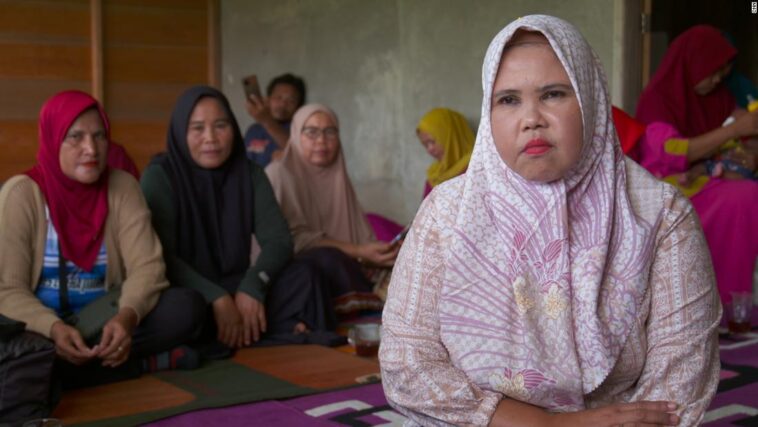INDONESIAN VILLAGERS FACE LOSING THEIR LIVELIHOODS
The villagers of East Luwu, Sulawesi are fighting to keep their way of life alive. The lush pepper trees have long been a part of the landscape, providing families with their only source of income, but now, those same families are facing a life of uncertainty.
THE SURGE OF THE NICKEL MARKET
Indonesia is aiming to become a world leader in the booming nickel market, and as a result, many locals like Masita have seen their farmland seized to make way for nickel mines. This sudden shift in land use has impacted the villagers financially and emotionally. Many, like Masita, feel angry and hopeless about the loss of the land that has been their livelihood for generations.
EMBRACING ELECTRIC VEHICLES
As part of its push toward becoming a leading force in the production and exportation of electric vehicles (EVs), the Indonesian government has prioritized the growth of the EV industry. Nickel, an essential component in electric vehicle batteries, has experienced a significant rise in demand due to the global shift toward renewable energy and the growing reliance on electric vehicles for transportation.
THE COST OF PROGRESS
Despite the host of economic benefits, the rapid expansion of the nickel industry has come at a high cost to local communities. When land is seized for mining purposes, farmers like Masita and Nurhasiyah are faced with the harsh reality of losing the only source of income and stability they have known.
Searching for answers through collective action
The villagers are not standing idly by as their land is taken from them. Faced with the threat of losing everything, they are fighting to protect their homes and livelihoods by joining forces with environmental groups like WALHI. These defenders of the villagers’ rights are advocating for better policies and alternatives to support the livelihoods of the concerned communities.
Despite the Indonesian government’s emphasis on land ownership, the slow and complicated process of recognizing land rights has resulted in significant backlash from activists. The ongoing land disputes surrounding the nickel industry are an ongoing reminder of the urgent need for more equitable and sustainable land reform policies.



